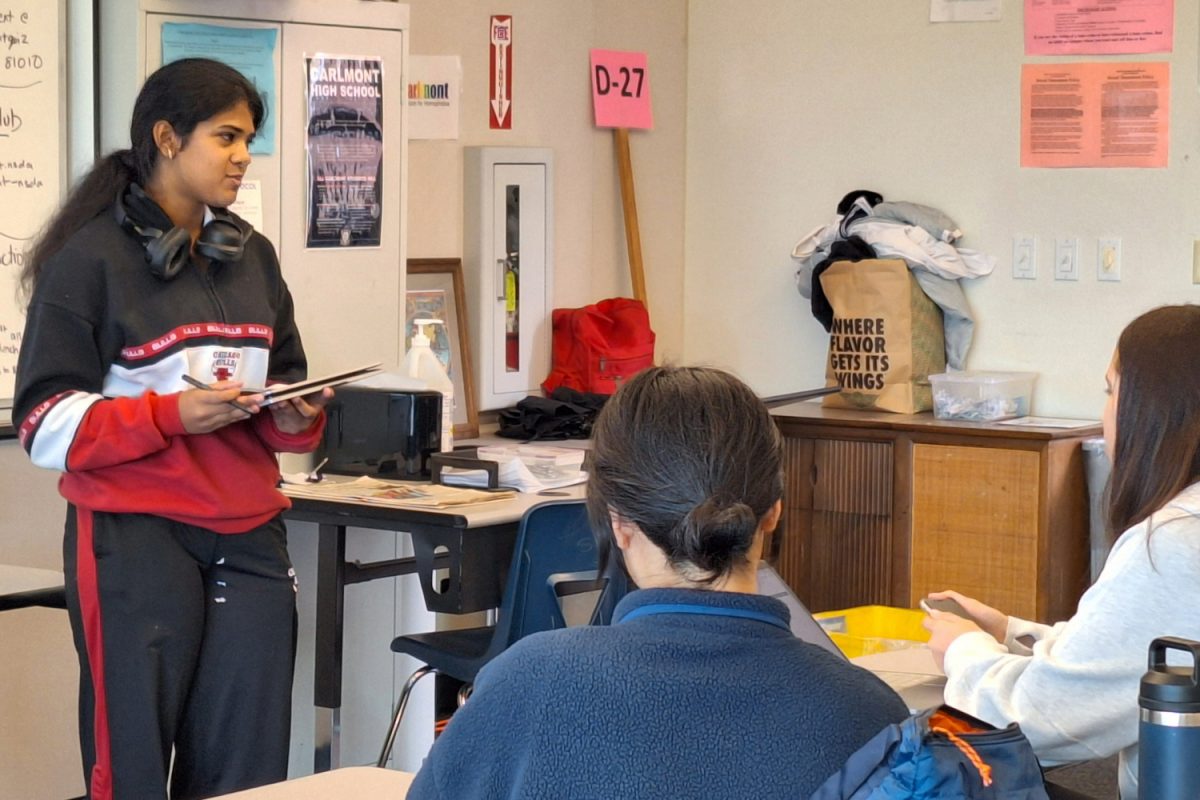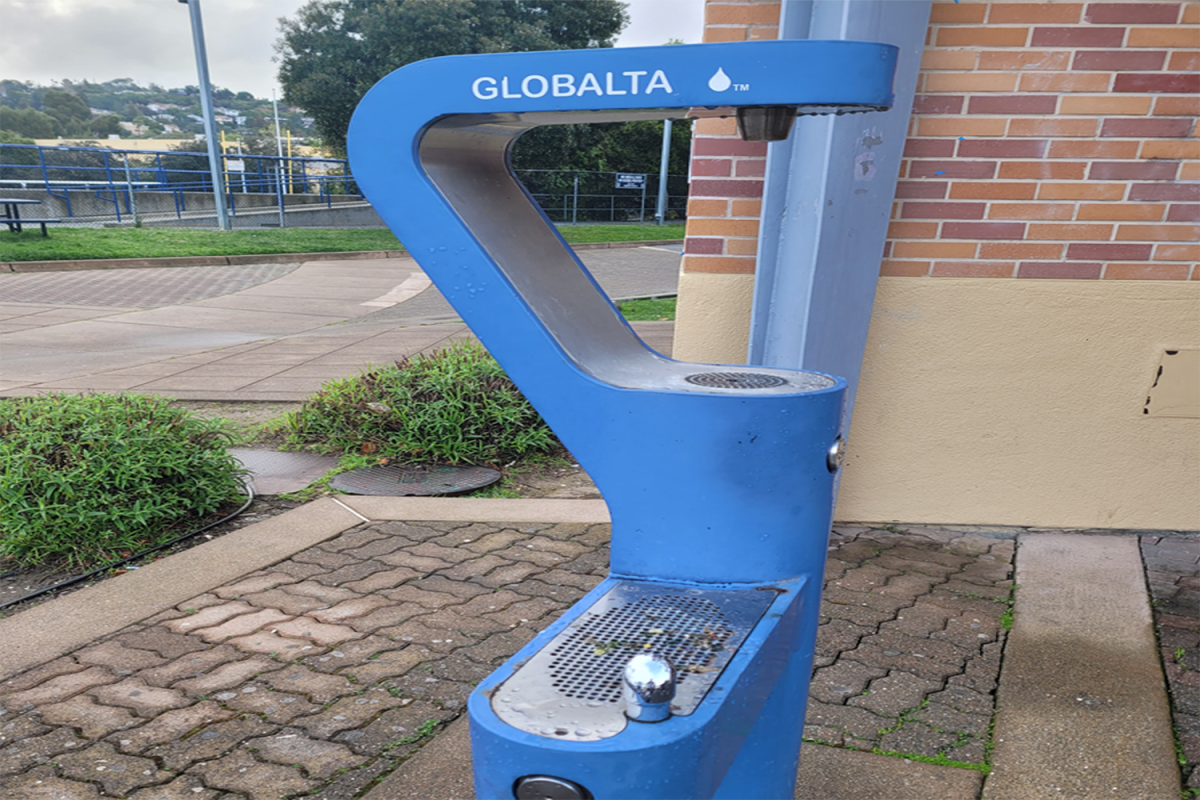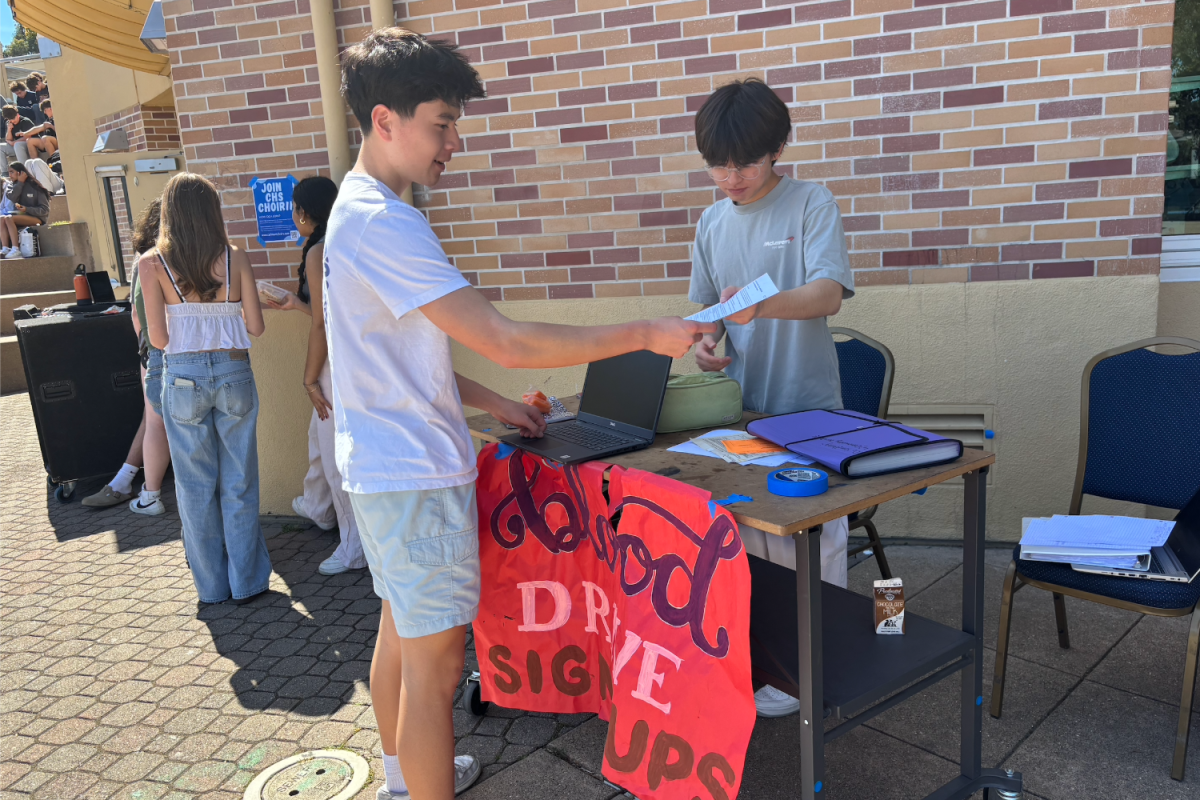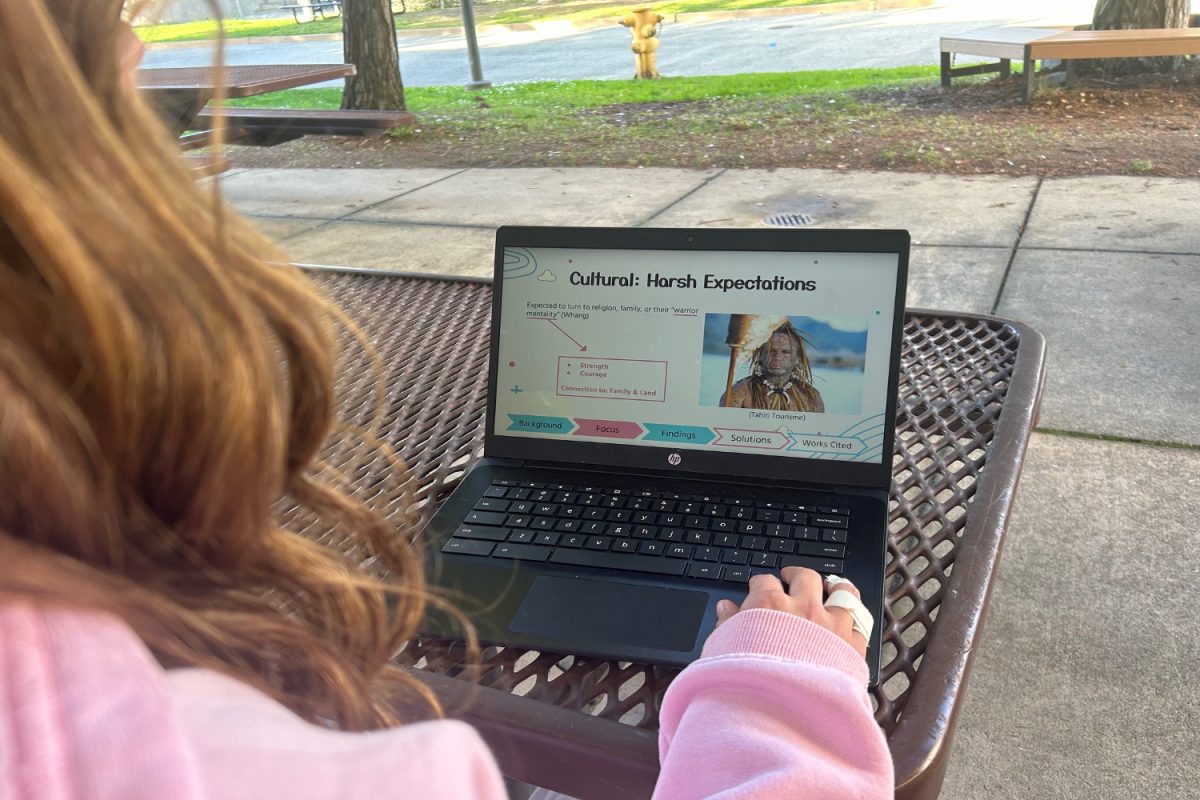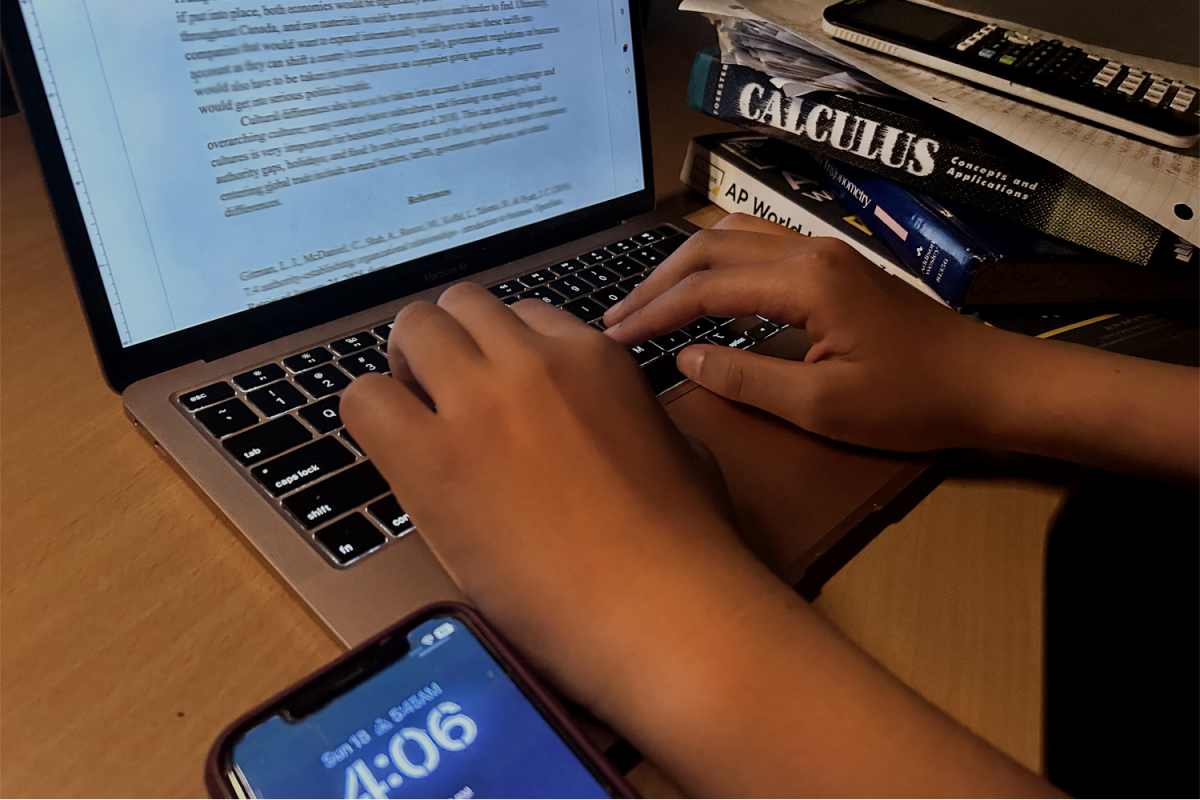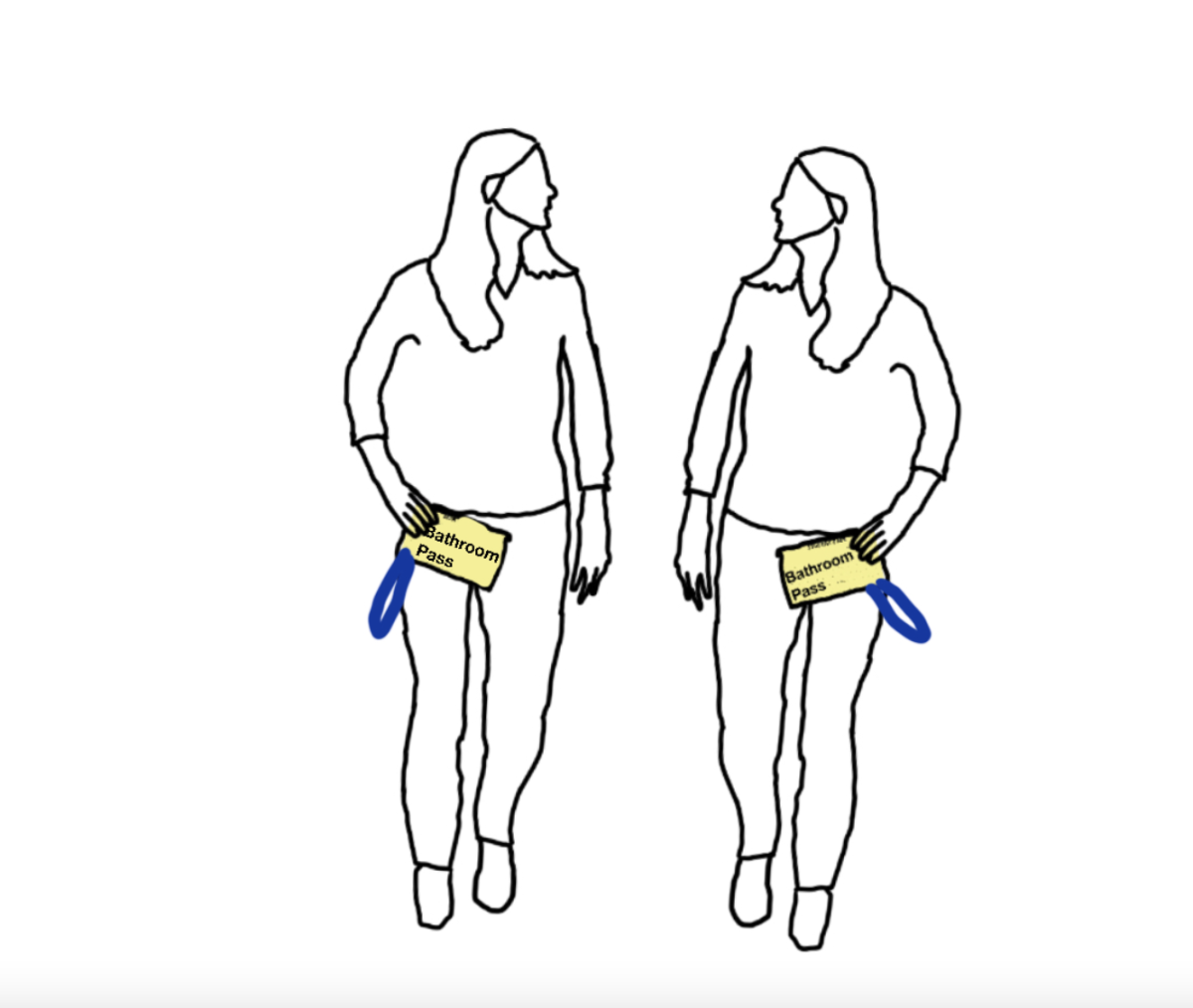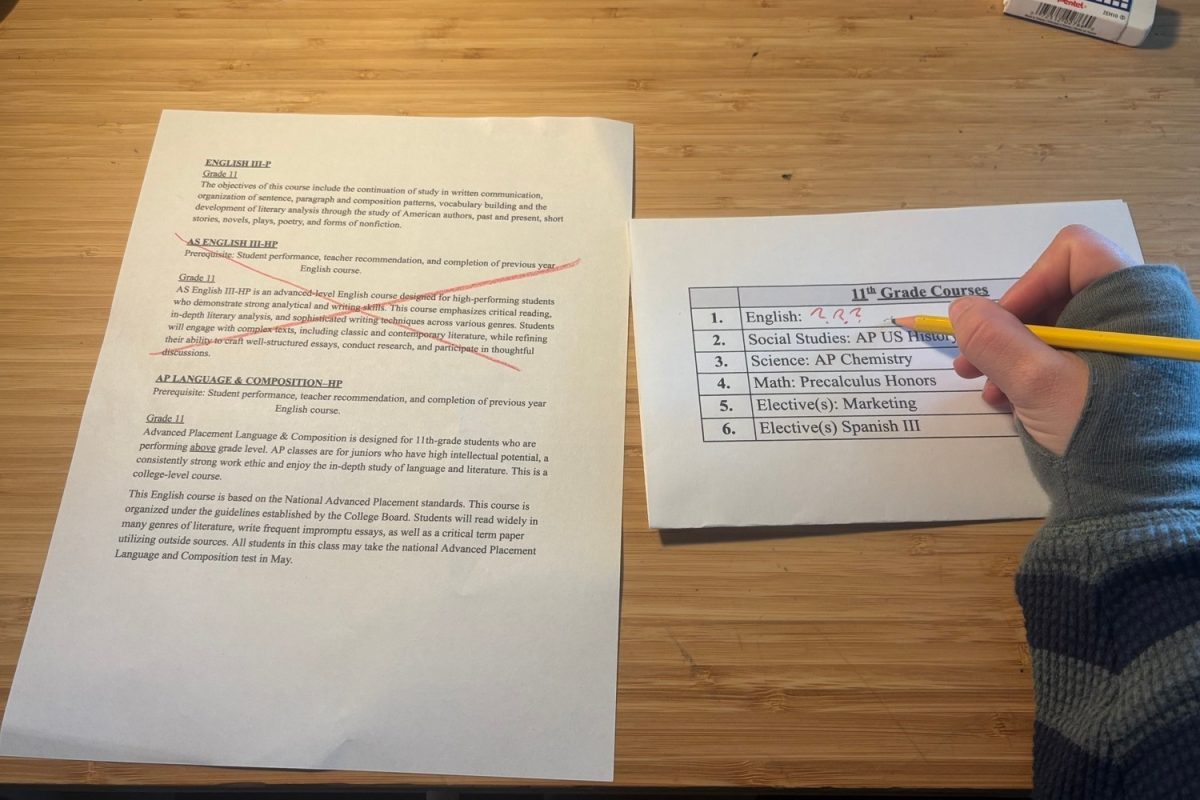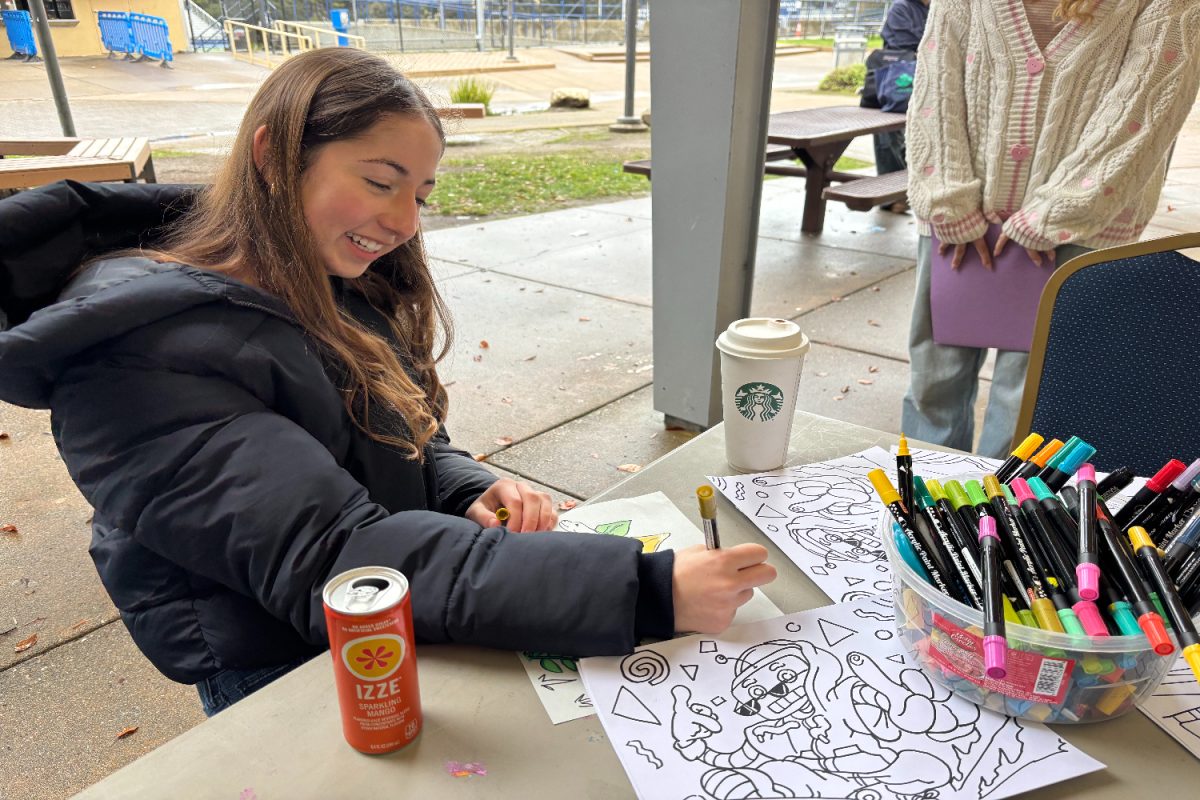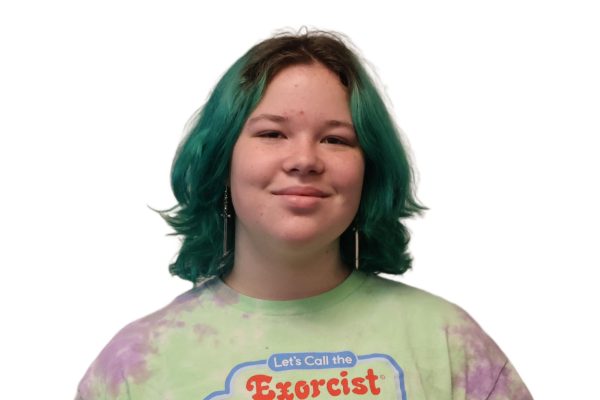With the arrival of the new semester, Carlmont clubs and their members prepare for the season of frequent competitions and events. For the newly formed Carlmont Speech and Debate Club, this preparation comes with a shift.
Run in tandem with the National Speech and Debate Association (NSDA), the Carlmont Speech and Debate Club was reformed earlier in the school year after the previous debate club had dissolved during the pandemic. After participating in speech and debate programs throughout middle school, co-presidents Isabelle Ling and Sofie Budman founded the club, which now hosts around 20 regular members.
An average meeting for the club follows a prompt displayed on the smartboard. Once the prompt is given, members have around 10 to 15 minutes to prepare their speech before each side delivers their argument, rebuttals, and a short closing. This format is typically used in professional and competitive debates, but the club has used multiple debate styles within its meetings.
“There’s the traditional Lincoln-Douglas debates, but there’s also something called Humorous Interpretation, which is almost like acting or comedy,” Budman said. “There’s a wide range of activities that people can participate in. Some debates you prepare in advance, finding evidence to support your claim or damage the other side’s. We’ve also done more impromptu topics, which are very on the spot, using less evidence and more logic.”
The prompts themselves are provided by the NSDA and vary widely from meeting to meeting. According to freshman Mason Consani, the more formal prompts tend to focus on academic problems, such as debating the value of grades versus extracurriculars, and the sillier topics are more random in their subject matter.
“Some of our prompts have been on popular Disney characters,” Consani said. “But for me, the most memorable prompt we’ve done was on whether or not ChatGPT should be allowed for homework and tests, so it’s a range of silly and academic subjects.”
As the second semester begins, the club’s members look forward to developing the new club even further and hope to participate in local and regional competitions during this or the next school year. According to freshman Maria Skaf, while the club’s current focus has been on speech, they are most likely to focus on formal debates and arguments in the coming year as preparation for a competitive setting.
“I don’t like getting too serious,” Skaf said. “It’s more fun to make jokes and be funny, but obviously in a competition, you have to be serious. So we also practice without any joking.”
While the club’s meetings are currently less serious and focus more on informal topics, they still provide a place to gain and practice skills. According to Budman, the evidence-gathering process used for a prepared debate is similar to one used in English classes, and participating in the club has helped members be more aware of current events.
“My favorite part is when you have to get up there and talk, you get to see what your mind can come up with,” Skaf said. “It’s a lot of fun. You have a place to voice your opinions and thoughts and get your voice heard.”

